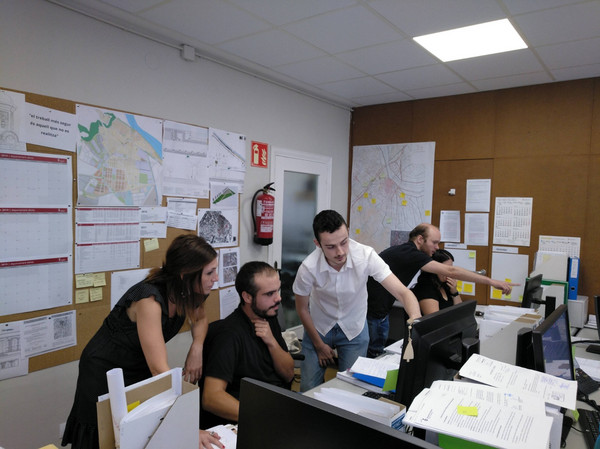Cuidem Amposta Application: Gentis Foundation

Name of practice: Cuidem Amposta Application
Organisation:Gentis Foundation
Description of organisation: The Gentis Foundation is a non-profit organisation established in 2000 whose mission is to achieve the full social inclusion of the most disadvantaged groups. Gentis employs insertion and work-based training as a vehicle to improve self-worth of disadvantaged groups and achieve community acceptance of social diversity. Gentis Foundation offers a wide range of training and guidance services, targeting adults and young adults in the fields of vocational guidance and training as well as formal education. It focuses on achieving social inclusion of the most disadvantaged groups by promoting their competences, emotional and social development. Its main areas of expertise are community action, vocational integration, mediation, family support, and psychological and therapeutic intervention.
Region: Catalonia
Funding: This practice is partially funded by the City Council of Amposta and by the Gentis Foundation.
Link to UNCRPD: Article 27–Work and employment
Description of practice: Cuidem Amposta is a mobile application with geolocation functionality. It is used by adults with disabilities who are employed at the ‘Special Labour Centre’ to report to the Local Authority the completion of their tasks as well as any incidents detected in the workplace. The Special Labour Centre carries out public service activities, such as gardening, and is managed by the Amposta City Council.
Through the app, the user can identify an incident and report it to the Support Unit from Local Administration. In addition to the information reported, the geolocation feature helps the professional to recognise the place and time of the incident and provide a quick response.
Impact and sustainability: This innovative practice generates multiple positive impacts and contributes to the personal and professional development of workers with disabilities. It helps to involve people with disabilities in the local community while improving their digital skills. By using this application, professional workers with disabilities receive daily support in their work. More time is therefore spent on support rather than supervision of the service. The ability to report an incident in real-time allows for a quick and appropriate response. This leads to an overall increase in productivity. Finally, by generating a large volume of information on tasks performed and incidents detected, the organisation can monitor and evaluate the quality of the service and the impact of the practice on its users.
Scalability and transferability: Live reports and generated data allow for continuous evaluation and improvement of the application. The technology and software used for this practice is based on a simple, standardised universal model that can be easily replicated in other services, contexts and countries with some content adaptations.
Contact information: Jara Mena Curiá, Responsible for the Internationalisation Department, Gentis Foundation

